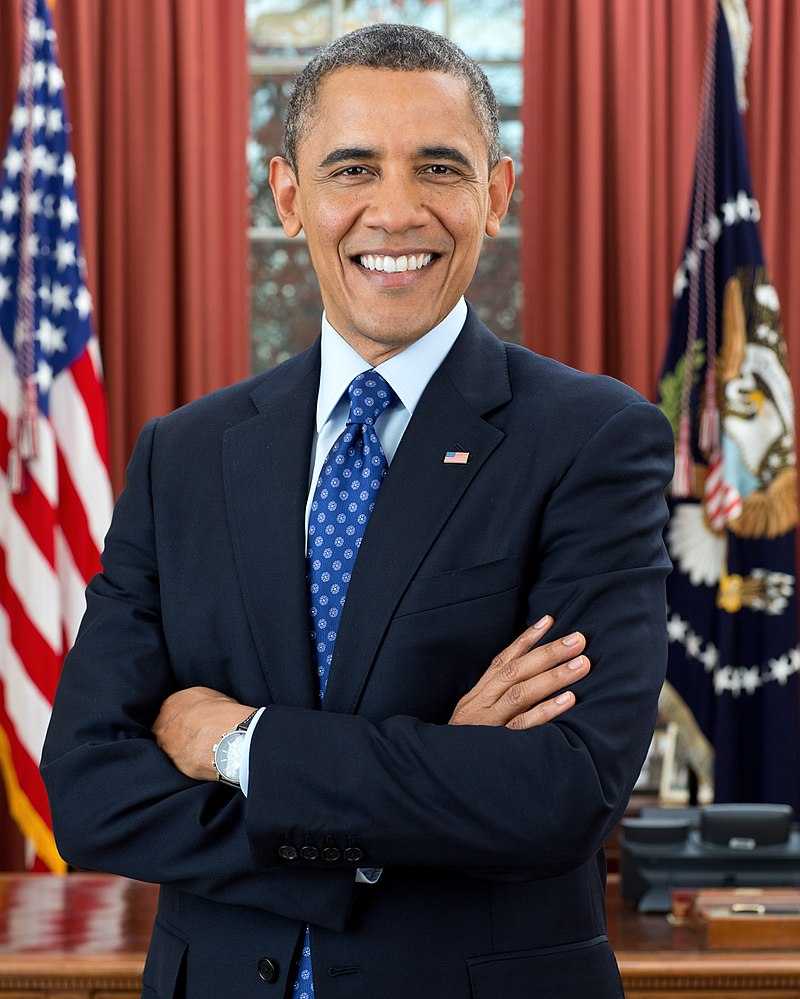Judges
The first black judge to have been appointed by the president to the federal bench was William Henry Hastie, whom Franklin Delano Roosevelt named as a district court judge for the U.S. Virgin Islands in 1937.

While African-American politicians have held office on the local and state level since Alexander Twilight was elected to the Vermont state legislature in 1836, race discrimination and laws prohibiting African-Americans from voting limited the number of Blacks holding office until the 20th century. Since then many great African-Americans politicians have made their mark on shaping American history and public policy.
The American Society of Free Persons of Color, founded in 1830, was a black organization that provided social aid to poor blacks and organized responses to political issues.
Politically and economically, blacks have made substantial strides in the post-civil rights era. Civil rights leader Jesse Jackson, who ran for the Democratic Party's presidential nomination in 1984 and 1988, brought unprecedented support and leverage to blacks in politics.
In 1989, Douglas Wilder became the first African-American elected governor in U.S. history. In 1992 Carol Moseley-Braun of Illinois became the first black woman elected to the U.S. Senate. There were 8,936 black officeholders in the United States in 2000, showing a net increase of 7,467 since 1970. In 2001 there were 484 black mayors but that number is in decline. In 2000, nine of the nation’s 25 largest cities had black mayors. Today, just four do.
The 49 African-American members of Congress form the Congressional Black Caucus.Since its establishment in 1971, the Congressional Black Caucus (CBC) has been committed to using the full Constitutional power, statutory authority, and financial resources of the federal government to ensure that African Americans and other marginalized communities in the United States have the opportunity to achieve the American Dream".
In 2008, Illinois senator Barack Obama became the first black presidential nominee of the Democratic Party, making him the first African-American presidential candidate from a major political party. He was elected as the 44th President of the United States on November 4, 2008, and served two terms.
Political Timeline For African Americans
1870—The 15th Amendment is ratified, prohibiting the denial of voting rights based on race, color, or previous status as a slave.
1870—Hiram Revels, a Republican from Mississippi, becomes the first African-American to be seated in the United States Senate. He serves one year, filling a seat left vacant when Mississippi seceded from the United States.
1870—Joseph Hayne Rainey, a Republican from South Carolina, becomes the first African-American elected to the U.S. House of Representatives.
1872—Victoria Woodhull, nominated by the National Radical Reformers, becomes the first woman presidential candidate. Her running mate, Frederick Douglass, is the first African-American vice presidential candidate.
1874—Blanche Kelso Bruce, a Republican from Mississippi, is the first African-American elected to a full six-year term in the Senate. A former slave, Bruce also served in several federal positions until his death in 1898.
1890—The Mississippi Legislature approves a new state Constitution that effectively disenfranchises nearly all of the state's African-American voters. In subsequent years, several other states, including South Carolina, Louisiana, North Carolina, Alabama, Virginia, Georgia, and Oklahoma, adopt similar measures.
1952—Charlotta A. Bass, nominated by the Progressive Party, becomes the first African-American woman to run for vice president.
1965—The Voting Rights Act is passed, overturning efforts by state legislatures to disenfranchise African-American voters. The act suspends literacy tests, provides for federal oversight of voter registration in some areas, and directs the attorney general of the United States to challenge the use of poll taxes for state and local elections.
1968—Shirley Chisholm, a Democrat from New York, is the first African-American woman elected to the House of Representatives. In 1976, Chisholm was the first African-American to deliver the keynote speech at the Democratic National Convention.
1972—Congresswoman Shirley Chisholm becomes the first African-American from a major political party to run for president.
1989—L. Douglas Wilder, a Democrat from Virginia, is the first African-American to be elected governor in the United States.
1992—Carol Moseley Braun, a Democrat from Illinois, is the first African-American woman elected to the Senate.
2008—Barack Obama is the first African-American to win the presidency.
Don't miss a single page. Find everything you need on our complete sitemap directory.
Listen or read the top speeches from African Americans. Read more
Read about the great African Americans who fought in wars. Read more
African Americans invented many of the things we use today. Read more
Thin jazz, think art, think of great actors and find them here. Read more
Follow the history of Black Americans from slave ships to the presidency. Read more
Olympic winners, MVPS of every sport, and people who broke the color barrier. Read more
These men and women risked and sometimes lost their life to fight for the cause. Read more
Meet the people who worked to change the system from the inside. Read more

Visit my RedBubble page and use Michael Arnold Art to create greeting cards, T-shirts, mugs, and more.

The variety and impressive numbers of mammals, birds and marine wildlife in Alaska draw visitors from all over the world. For some travelers, Alaska is wilderness, at least compared to what they may know from back home. The pristine wilderness of Alaska is, perhaps, the last vestige of thriving populations of North American wildlife. Where else can you see polar bears, bald eagles, blue and humpbacked whales, gray wolves, grizzly bears, orcas, lynx, moose, and hundreds of other rare and endangered species in their original and undisturbed natural habitats?

Enjoy our website filled with original signed acrylic paintings by award winning Artist Michael Arnold. Located in Citrus County Florida, Michael Arnold is a the editor at the Citrus County Chronicle. When he's not busy being an editor, he is an avid artist who enjoys painting in a variety of styles. We hope you take the time to click on each image to see a larger view and to learn what the artist, Michael Arnold has to say about his paintings.

As dog owners and people who care deeply for animals and wildlife, we wanted our Dog Encyclopedia to be a website that could empower pet owners to create the most positive, loving environment for their dogs. Dog Encyclopedia realizes that owning a dog is like adding a new member to your family.

Floridian Nature has everything your are looking for in Florida nature. The wildlife of Florida is rich and varied, yet most of us are familiar with only a dozen or so species: the "well known endangered species such as manatees and panthers; those, like raccoons and squirrels, that have adapted to urban environments; the frightening alligators and black bears; and those like the armadillo who can't seem to cross the road. Yet they are just a few of the many animal species found in Florida.
